
David Alan Mamet is an American playwright, filmmaker, and author.

William Goldman was an American novelist, playwright, and screenwriter. He first came to prominence in the 1950s as a novelist before turning to screenwriting. Among other accolades, Goldman won two Academy Awards in both writing categories: first for Best Original Screenplay for Butch Cassidy and the Sundance Kid (1969) and then for Best Adapted Screenplay for All the President's Men (1976).
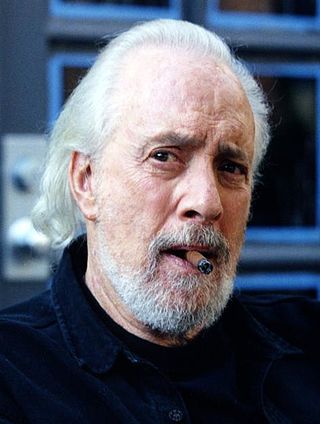
Robert Towne was an American screenwriter and director. He started writing films for Roger Corman, including The Tomb of Ligeia in 1964, and was later part of the New Hollywood wave of filmmaking.

Alexander Medawar Garland is an English author, screenwriter, and director. He rose to prominence with his novel The Beach (1996). He received praise for writing the Danny Boyle films 28 Days Later (2002) and Sunshine (2007), as well as Never Let Me Go (2010) and Dredd (2012). In video games, he co-wrote Enslaved: Odyssey to the West (2010) and was a story supervisor on DmC: Devil May Cry (2013).
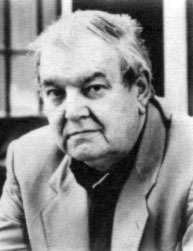
George MacDonald Fraser was a Scottish author and screenwriter. He is best known for a series of works that featured the character Flashman. Over the course of his career he wrote eleven novels and one short-story collection in the Flashman series of novels, as well as non-fiction, short stories, novels and screenplays—including those for the James Bond film Octopussy, The Three Musketeers and an adaptation of his own novel Royal Flash.
Ernest Paul Lehman was an American screenwriter and film producer. He was nominated six times for Academy Awards for his screenplays during his career, but did not win. At the 73rd Academy Awards in 2001, he received an Honorary Academy Award in recognition of his achievements and his influential works for the screen. He was the first screenwriter to receive that honor.
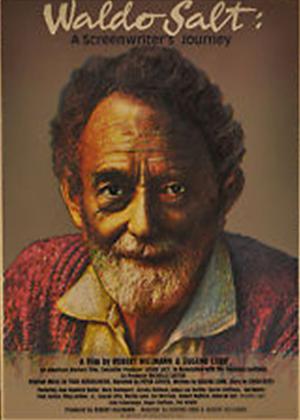
Waldo Miller Salt was an American screenwriter. He wrote the Academy Award-winning screenplays for Midnight Cowboy (1969) and Coming Home (1978).
Sir Ronald Harwood was a South African-born British author, playwright, and screenwriter, best known for his plays for the British stage as well as the screenplays for The Dresser and The Pianist, for which he won the 2003 Academy Award for Best Adapted Screenplay. He was nominated for the Best Adapted Screenplay Oscar for The Diving Bell and the Butterfly (2007).
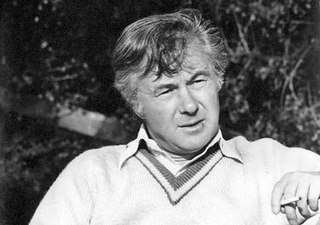
Bryan Forbes CBE was an English film director, screenwriter, film producer, actor and novelist described as a "Renaissance man" and "one of the most important figures in the British film industry".

Samuel Badisch Ornitz was an American screenwriter and novelist from New York City; he was one of the "Hollywood Ten" who were blacklisted from the 1950s on by movie studio bosses after his appearance before the House Un-American Activities Committee when he was held in contempt of Congress for refusing to testify about his alleged membership in the Communist Party. In his later years, he wrote novels, including Bride of the Sabbath (1951), which became a bestseller.
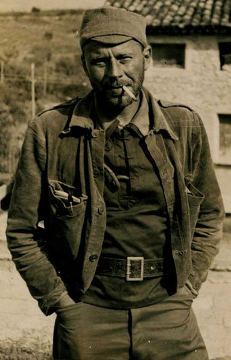
Alvah Cecil Bessie was an American novelist, screenwriter and journalist. He was one of nearly 3,000 American volunteers who joined the Abraham Lincoln Brigade and fought in the Spanish Civil War. He is perhaps best known as a member of the "Hollywood Ten", the group of film artists blacklisted by the entertainment industry for refusing to cooperate with the House Un-American Activities Committee.
Michael Wilson was an American screenwriter known for his work on Lawrence of Arabia (1962), Planet of the Apes (1968), Friendly Persuasion (1956), A Place in the Sun (1951), and The Bridge on the River Kwai (1957). The latter two screenplays won him Academy Awards. His career was interrupted by the Hollywood blacklist, during which time he wrote numerous uncredited screenplays.
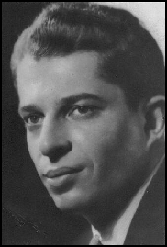
Albert Maltz was an American playwright, fiction writer and screenwriter. He was one of the Hollywood Ten who were jailed in 1950 for their 1947 refusal to testify before the US Congress about their involvement with the Communist Party USA. They and many other US entertainment industry figures were subsequently blacklisted, which denied Maltz employment in the industry for many years.

Eric Andrew Heisserer is an American filmmaker, comic book writer, television writer, and television producer. His screenplay for the film Arrival earned him a Best Adapted Screenplay nomination at the 89th Academy Awards in 2016.

Jonathan Nolan is a British and American screenwriter and producer. He is the creator of the CBS science fiction series Person of Interest (2011–2016) and co-creator of the HBO science fiction/Western series Westworld (2016–2022).

Slaughterhouse-Five is a 1972 American comedy-drama military science fiction film directed by George Roy Hill and produced by Paul Monash, from a screenplay by Stephen Geller, based on the 1969 novel of the same name by Kurt Vonnegut. The film stars Michael Sacks as Billy Pilgrim, who is "unstuck in time" and has no control over where he is going next. It also stars Ron Leibman as Paul Lazzaro and Valerie Perrine as Montana Wildhack.
Marc Norman is an American screenwriter, novelist and playwright.
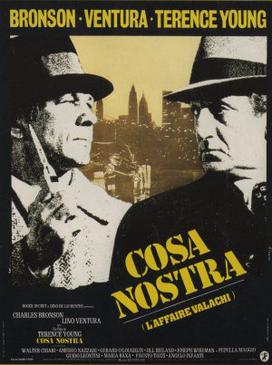
The Valachi Papers is a 1972 neo noir crime film directed by Terence Young. It is an adaptation of the 1968 non-fiction book of the same name by Peter Maas, with a screenplay by Stephen Geller. It tells the story of Joseph Valachi, a Mafia informant in the early 1960s who was the first ever government witness coming from the American Mafia itself. The film stars Charles Bronson as Valachi and Lino Ventura as crime boss Vito Genovese, with Jill Ireland, Walter Chiari, Joseph Wiseman, Gerald S. O'Loughlin, Guido Leontini, Amedeo Nazzari, Fausto Tozzi, Pupella Maggio, and Angelo Infanti.

David Alan Nicholls is a British novelist and screenwriter. Initially an actor after graduating college, he became a screenwriter, notably creating Rescue Me and adaptations of novels, plays, and memoirs. He is the writer of six novels.

Mark Axelrod is an American writer and academic, who is a professor of Comparative Literature in Chapman University's Wilkinson College of Humanities and Social Sciences. For twenty-five years he has been the Director of the John Fowles Center for Creative Writing, which has received five National Endowment for the Arts Grants.















